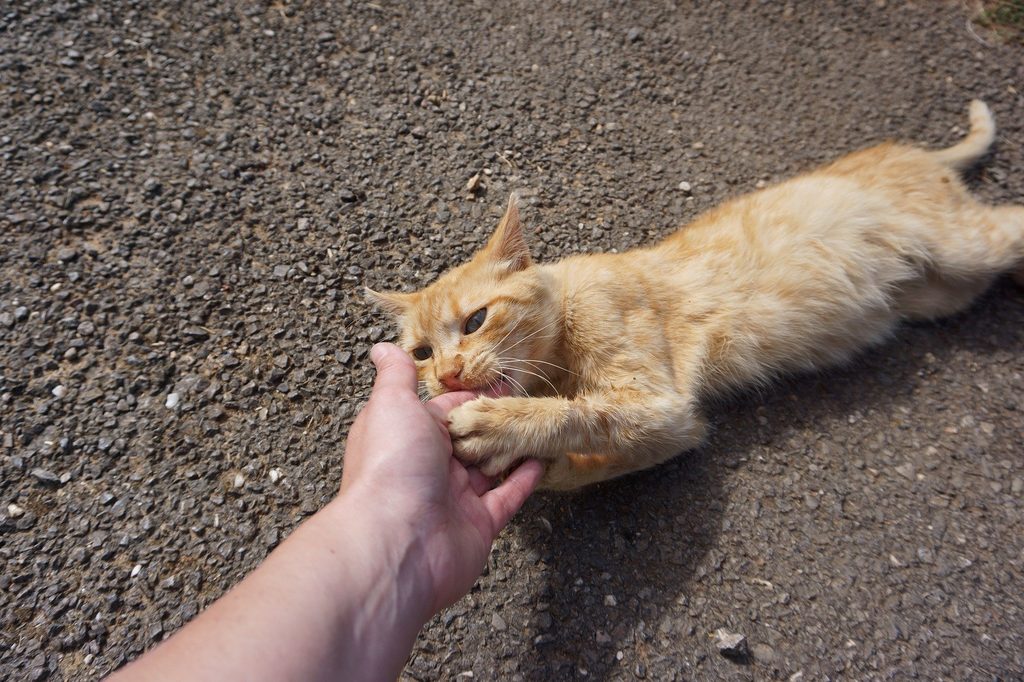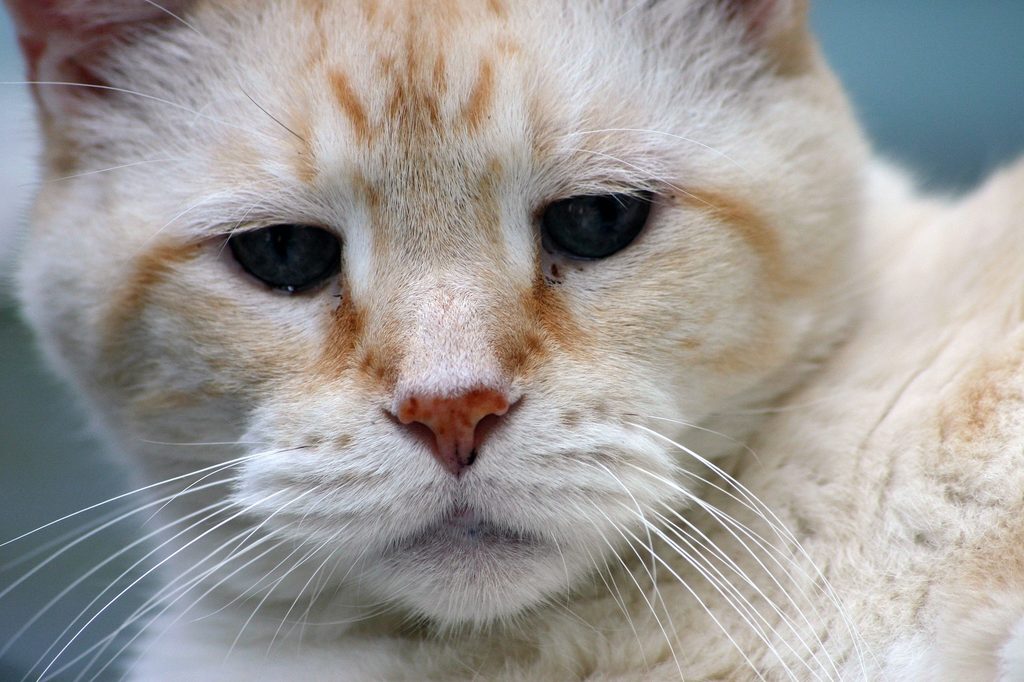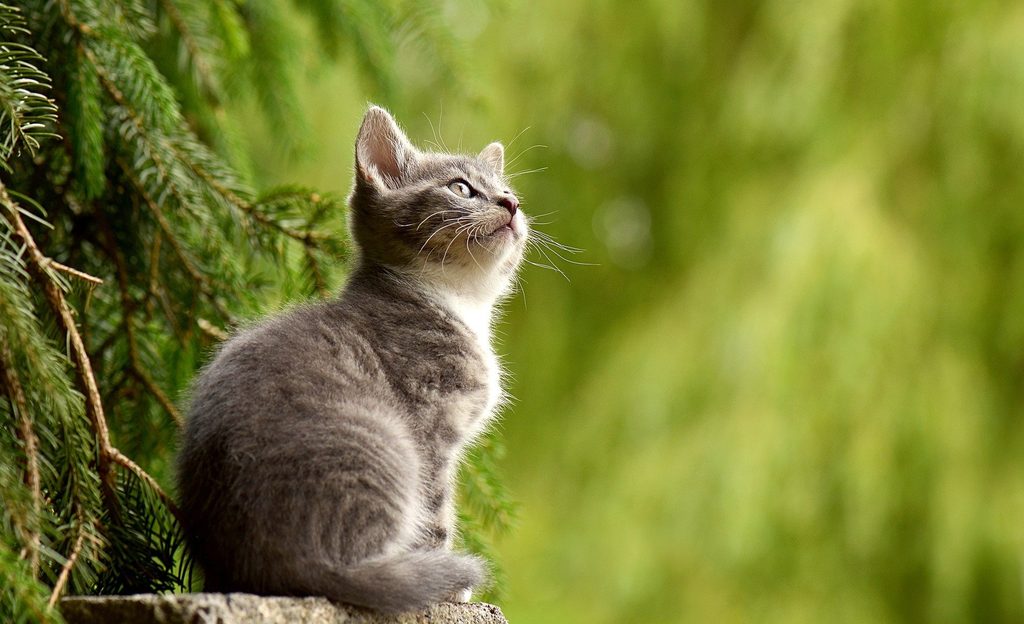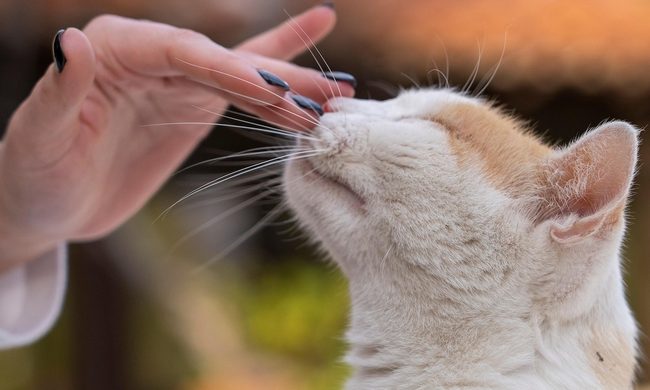
Cats are wonderful additions to our families, and they can quickly become beloved family members. But, like most pets, cats have shorter lives than humans. As tragic as this is, it’s only normal to want to spend as many years as possible with your cat. Fortunately, there are many ways you can help increase the chances of your cat living a long and healthy life.
But it’s also important to be realistic about your cat’s lifespan. How long do cats live? First, it’s important to remember that cat life expectancies are really just a guideline — it’s best to just appreciate and enjoy each day you can share with your fur baby.
How long do cats live as pets?

So, how long do cats live, exactly? There isn’t hard data on how long cats live as pets, but it’s a well-known fact that indoor cats live longer than outdoor cats. A 2015 study that examined the deaths of 4,009 cats found that outdoor cats usually live shorter lives because those outdoor cats are exposed to many dangers, including traffic and animal attacks.
The study also discovered a difference in the average life span of crossbred and purebred cats. Crossbred cats had a life expectancy of 14 years, while purebred cats had a shorter life expectancy of 12.5 years.
What’s the average age a cat lives until?

According to a report produced by the University of California Davis School of Veterinary Medicine, indoor cats live for an average of 10 to 15 years. In contrast, outdoor cats live for an average of just 2 to 5 years. The good news is that, with veterinary advancements and increased knowledge about feline health, we’re able to provide our cats with better-quality food and better veterinary care than ever before.
Can a cat live up to 20 years?

In less common cases, cats can live up to 20 years and beyond. In fact, there are many proven accounts of cats living well into their 20s. Many factors can influence a cat’s life span, including her health, the quality of care she receives, and her genetics. Senior cats may require extra care as they age, including additional check-ups with the vet and supplements.
The oldest cat ever recorded

The good news is that domestic cats can live long past their expected lifespans with proper care and lots of love. In fact, the older cat ever recorded lived to over twice a cat’s average life expectancy!
Creme Puff is the Guinness World Record Holder for the oldest cat ever. She lived to be 38 years and 3 days old! This native Texan was born on August 3, 1967 and passed away on August 6, 2005. Her owner was also the owner of the previous record holder for the world’s oldest cat, which suggests something like genetics or level of care may directly relate.
Currently, the oldest living cat is in her late 20s, though surpassing Creme Puff’s age is certainly not out of the question. Veterinary technology is advancing more and more every day, and it’s only a matter of time before genes related to feline aging are identified, just like they have been for dogs.
How to maximize your cat’s chances of a long life

While your cat’s genetics will play a role in their life span, you can do a lot to increase the chances that you and your cat enjoy many great years together. To start, establish routine veterinary care for your cat. Keeping consistent, regular vet appointments means your vet will get to know your fur baby well. Those routine appointments give your vet a chance to catch potential issues before they become big problems. Your vet can also help you address challenges, like weight management, early on so you can maximize your cat’s health.
Focus on developing good habits at home, too. Provide your cat with plenty of playtime every day to help keep them active and avoid obesity. Daily exercise is great for your cat’s health, but you may need to encourage your cat to stay active, especially if they’re an indoor-only cat. Try experimenting with different toys to see what piques your cat’s interest, and invest in a cat tree so your cat can satisfy their urges to climb, stretch, and scratch.
Carefully choosing the food you feed your cat can also promote good health and longevity. Discuss your cat’s nutrition with your vet. Your vet can help you choose the food and feeding plan most appropriate for your cat’s age, breed, lifestyle, and overall health.
How long do cats live? Truthfully, the answer varies. However, providing good, attentive care can help your cat live the longest, healthiest life possible. One of the best ways you can maximize your cat’s life span is to make sure that you’ve planned for potential vet expenses. For example, if your cat is diagnosed with a serious health condition, they might need medications or other treatments. The same is true if your cat ever gets seriously sick or injured. These emergency vet bills can add up, so plan for them. Put money into a savings account or consider getting pet health insurance, just in case. Ensuring your cat can promptly get the vet care they need can help keep them healthy and allow them to live as long as possible.



